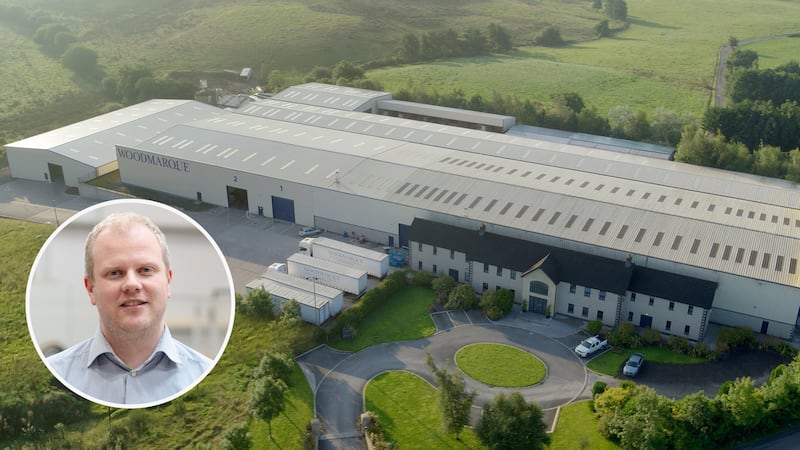THE small business sector in Northern Ireland is powerful. With over 118,000 SME businesses, from sole operators up to companies with 249 employees, it is the backbone of the local economy. Yet what would happen if each of these firms reached their full potential?
It's clear there would be significant economic benefits if even a fraction of SME companies scaled up, but there is often reluctance from many to do so, perhaps for fear of overreaching themselves or ruining what they’ve built.
Entrepreneurs with plans to take their businesses to the next stage, or ‘scale up’, require ambition and strong finances. But for many it is a step into the unknown because the challenges of a large businesses are very different to those encountered by a start-up.
Taking advantage of opportunities to grow often means hiring more staff, buying new machinery or equipment, making acquisitions or diversifying into new product and service areas. This can be daunting and even for the most cash rich business, taking on the additional risk of expansion may also require them to take on additional capital from alternative sources outside their comfort zone.
One of the main problems for companies trying to move to the next stage of growth is being able to find the right support, infrastructure, and access to networks to help facilitate continued growth.
BGF has found that there are lots of smaller businesses in Northern Ireland which have moved beyond the “doing nothing” phase when it comes to implementing their future growth ambitions. This is good news for the local economy as research shows that two thirds of all new jobs are already created by small, high-growth companies. But to ensure more succeed in their growth plans requires development of the infrastructure around these companies.
As ever, support from government, industry bodies and the investment community is needed to help deliver this potential. That support doesn’t come exclusively in the form of cash, although that is almost always the starting point. It is also derived from access to information, skills, strategic leadership and infrastructure.
Entrepreneurs with plans to grow their businesses are often taking a huge leap of faith in themselves and the platitude that it’s a lonely experience is often true. Moreover, growing revenues from, say £5m to £50m a year, presents a set of challenges which are different from those encountered at the start-up stage, where a good idea combined with passion can be enough to drive the business forward.
Knowing what you want your company to look like in four or five years’ time is very different to getting there. It’s at these earlier stages in a business’s growth journey that advice and support from someone who has made it big can be smart and rewarding move.
More leadership talent needs to be identified and nurtured across the UK and this is particularly true in Northern Ireland, where the network of non-executive directors and mentors is still relatively small.
On the investor side, improved access to timely information in relation to companies would significantly accelerate the identification of scale-up companies and in turn improve the prospects of business securing the appropriate investor.
A report says 87 per cent of SMEs would be able to grow their company faster if they were identified by others as a scale-up company. So the more investors such as BGF are able to learn more about the businesses in the market, their growth plans, and the obstacles they face, the better placed we will be to help support Northern Ireland’s business success stories of tomorrow.
Patrick Graham is an investor at the Business Growth Fund (BGF), which aims to unlock the potential of fast-growing businesses that need long-term capital to drive their future success





